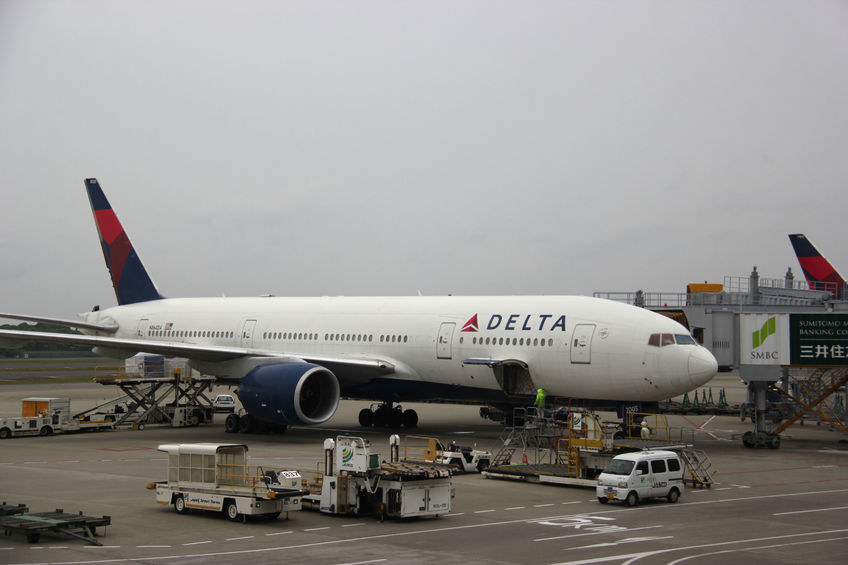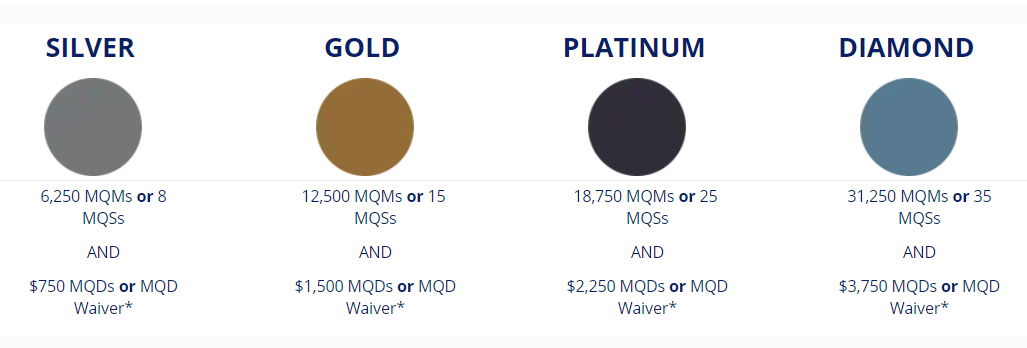Several frequent flyer programs around the world let you put your status on pause, or extend your status, when you experience major life events. It’s not nearly as common in the U.S., perhaps because we’re not as focused here on accommodating new births or medical issues as people are in Europe or Australia.
It makes all the sense in the world for a travel loyalty program, though. A customer who was incredibly valuable before having a child is likely to be incredibly valuable once the get back on the road.

Copyright: idealphotographer
I know one United Global Services member who lost her status when she had a child. She took several months off from travel. And once she wasn’t renewed, she realized she had choices. Most of her travel was paid international business class anyway, and she started flying — and experiencing — airlines besides United.
There’s nothing free or generous about extending status in that case, it’s entirely self-interested. Too many programs don’t get that. Although to date among US-based programs only Alaska Airlines with ‘elite leave’ for new parents and Hilton Honors has offered a status extension formally.
Delta has now introduced Reclaim My Status. It’s less generous than what you’d expect, a temporary status extension and then a challenge to keep it. However it’s available for more than just new parents, they also offer it for other major life events such as medical issues, changing jobs, and getting a new degree.
If you’ve lost status or been downgraded you can request the temporary status extension and challenge once you’re ready to travel again. It’s designed for people who had status in the prior year, but as with the specific life events they’ll consider they will treat each request on a case-by-case basis. There’s no formal exclusion from using this benefit more than once.
Ultimately this is basically the Delta status challenge but they’re matching prior Delta status instead of another airline’s status and it allows you to challenge your past Diamond status instead of being limited to Platinum.

Enroll before December 31 and the challenged status you earn lasts through January 2021. Enroll January 1 onward and it lasts through January 2022.
This is a huge no brainer for Delta. True family leave though would offer to extend the status for a customer, not give them 90 days to prove their continued worth.


Ah but will the copy cats copy that?
Or will they only follow the cost cutting from Delta?
Qantas and Virgin Australia have had these programs for years and are definitely more generous than this Delta initiative ( both in respect of the duration of the break and in the automatic return to prior level without a challenge; also, it covers paternity as well as maternity). It’s hard to see what downside there might be for an airline.
Does a job change count as well?
When transitioning into a new job, there is usually a ramp-up period where there is less travel. Then it starts up again.
How would that affect the annual goal requirements? Would they be ignored and replaced by a challenge?
Not just Alaska and Delta, but Hawaiian has this benefit as well: https://www.hawaiianairlines.com/hawaiianmiles2/pualani-elite/elite-status-extension.
Unlike Alaska, Hawaiian’s is for a “Medical event” which looks to be pretty liberal in interpretation, but it has to be a condition or event that lasts 12 weeks or longer. But, no challenge to keep it like Delta.